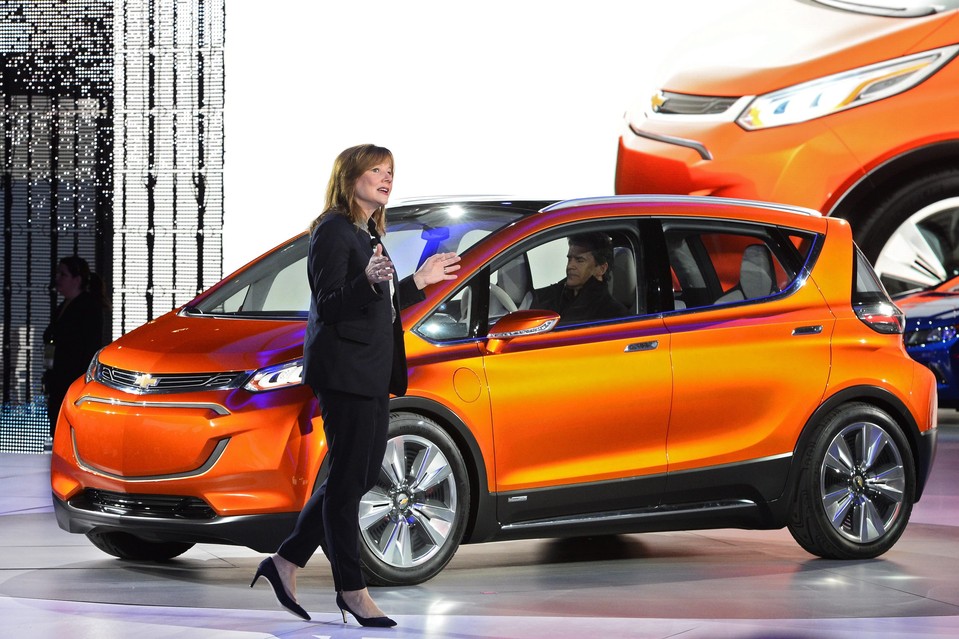Automakers Try to Beat Each Other in Double Electric Car Range
- 26/08/2015
- Transport
- Posted by Tessa Romarez
- Leave your thoughts
Big international automakers are pushing to create a new generation of mass-market electric cars that more than double their driving range.
Nissan, with its Leaf, is banking on the technical breakthrough of its big battery supplier LG Chem Ltd. and hopes that it will jump start demand and make them on equal footing with the more advanced Tesla Motors, Inc.
There are also four other global automakers, Ford Motor Co., Volkswagen AG, Nissan Motor Co. and General Motors Co. which are intent on joining the race to create the first field affordable electric vehicles that can travel a maximum of 200 miles or 322 kilometers per single charge.
That is more than double the range of the lower-priced electric vehicles like the Nissan Leaf which costs $29,010. This new generation of EVs is expected to be released within two years.
Currently, if a car buyer wants an electric car that can reach 265 miles or 427 km between charges, he has to shell out $81,000 for a Tesla Model S. That is before tax incentives.
Affordable electric vehicles sold today can only achieve 75 to 85 miles or 121 to 137 km per charge. That could still decrease during cold weather when a driver needs to turn on the car’s air conditioner.
Those who need to travel long distances are fearful of getting stranded, a form of worry called ‘range anxiety’ by car makers. This type of anxiety is one of the reasons why only around 67,000 EVs were sold in the US last year.
That EV sales figure represents just 0.4 per cent of the total 16.5 million cars and trucks sold in 2014.
If the EV industry is to survive, car manufacturers must find a way to jack up their demand dramatically by 2018. At this time, California, as well as eight other states will require car makers to sell more zero emission vehicles, in line with stricter federal rules limiting fuel consumption and greenhouse gas emissions.
Elon Musk, Tesla Chief Executive Officer, said that “200 miles is the minimum threshold” to assuage consumer concerns over EV range. There is “a sweet spot around 250-350 miles that’s really ideal,” Musk said.
The car maker promised a more affordable Tesla, the Model 3, which his company will sell for about $35,000. This car will also be able to reach a driving range of 200 miles or more. The Tesla Model 3 is scheduled to start production in mid-to-late 2017.
Not to be outdone, GM announced that it plans to field the Chevrolet Bolt, an electric car with a 200-mile range by late 2016. This EV will use an advanced lithium-ion battery pack developed by Korea’s LG Chem, the company that also supplies batteries for the Chevrolet Volt hybrid.
GM claims that these newer batteries will have much higher energy density and will provide much longer range between charges. This improvement is attributed to breakthroughs in battery materials, design and chemistry, according to a source familiar with LG Chem’s technology.
“Several factors are at play that are landing at this 200-mile range for a vehicle priced between $30,000 and $35,000,” says Prabhakar Patil, LG Chem Chief Executive. “We’ve been talking to several OEMs (automakers) regarding where our battery technology is and where it’s going,” he adds.

